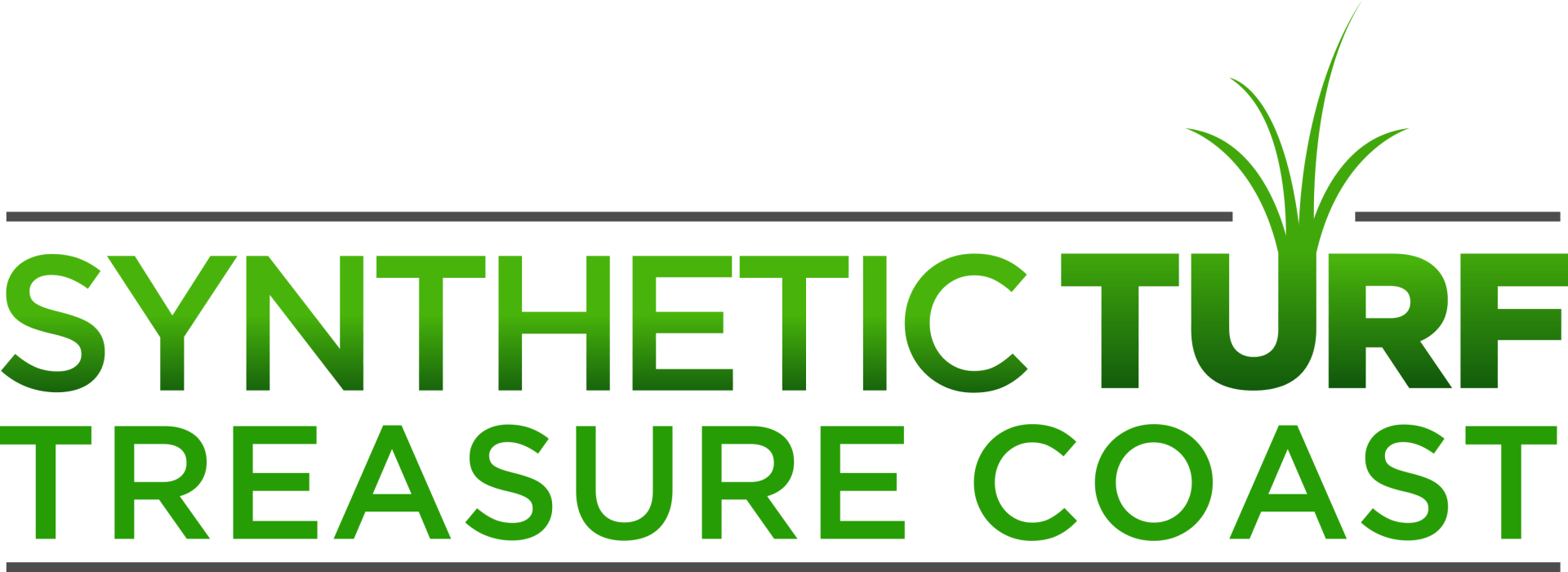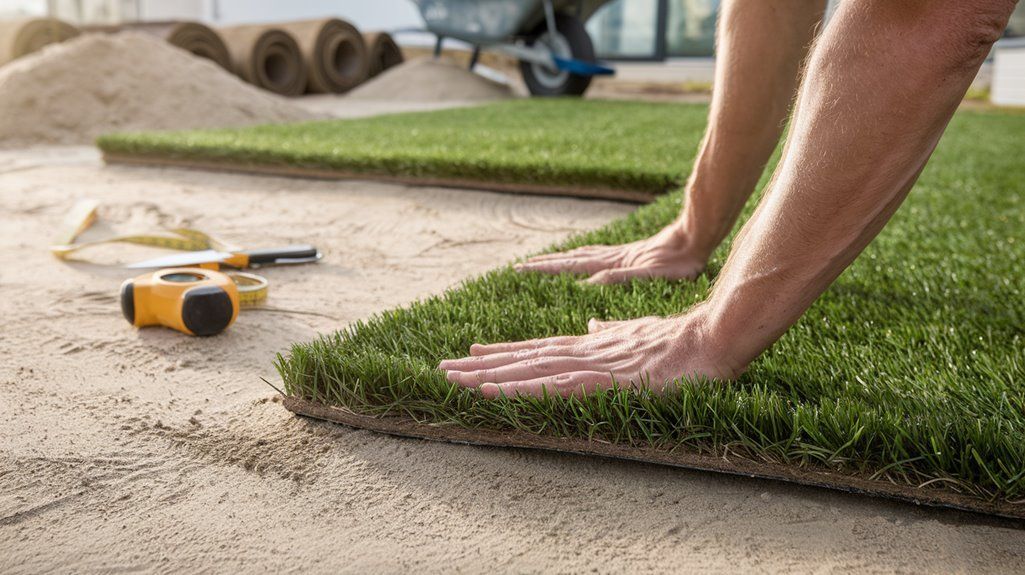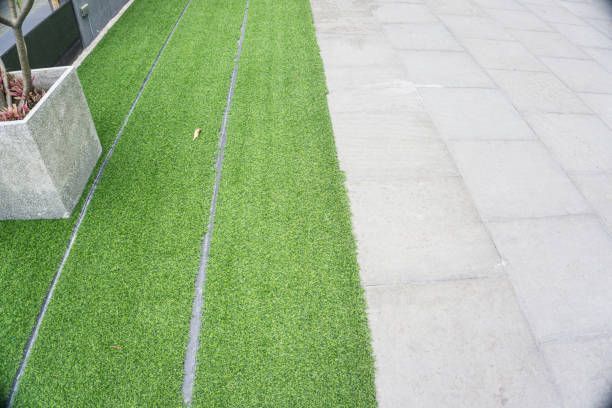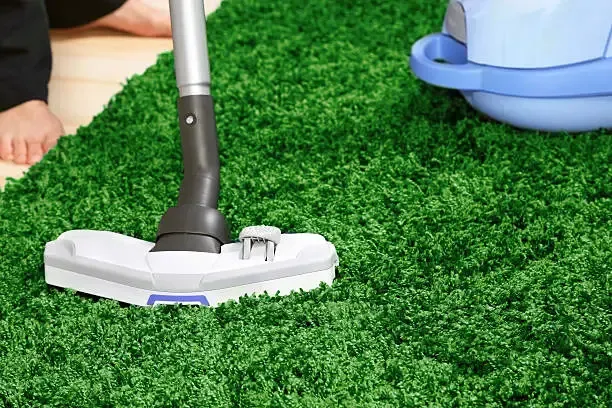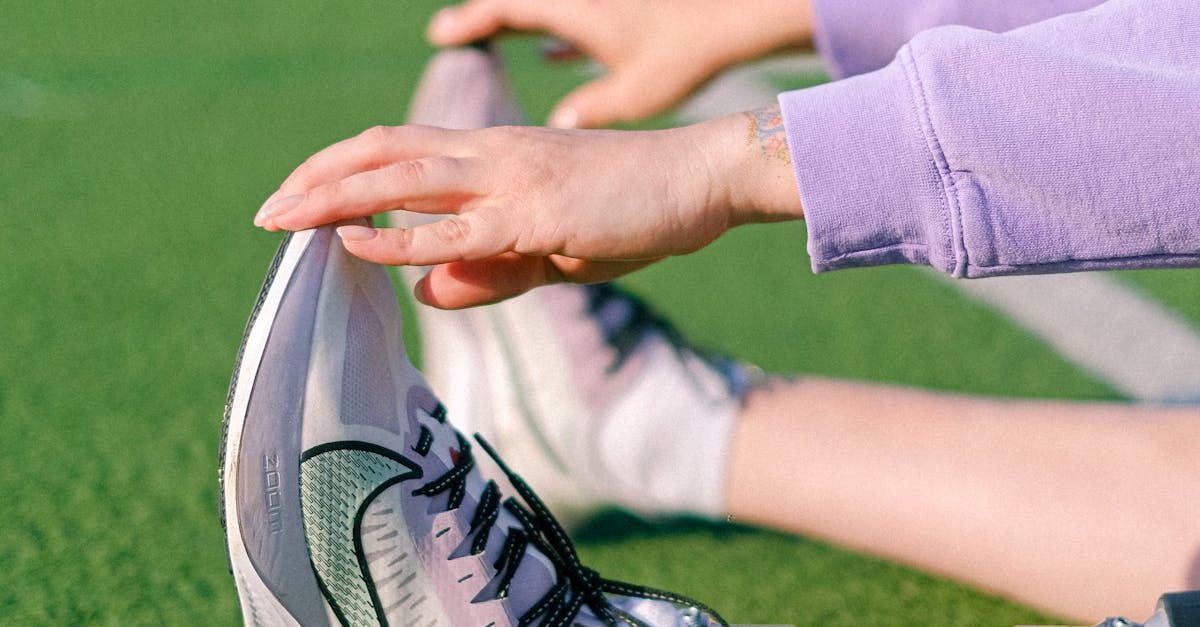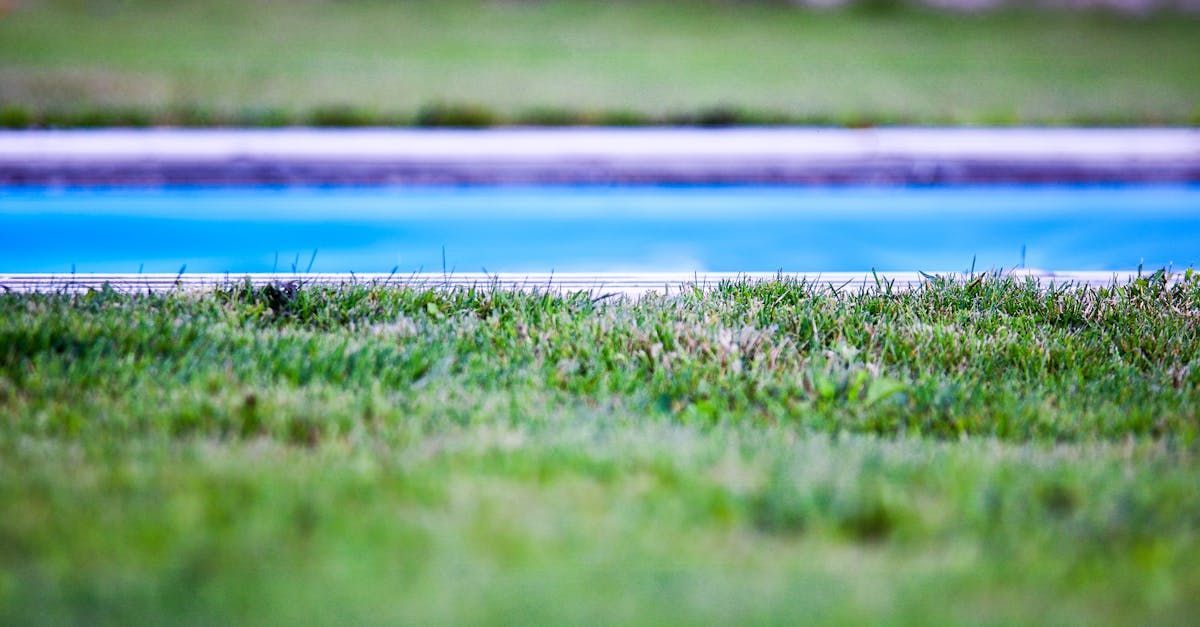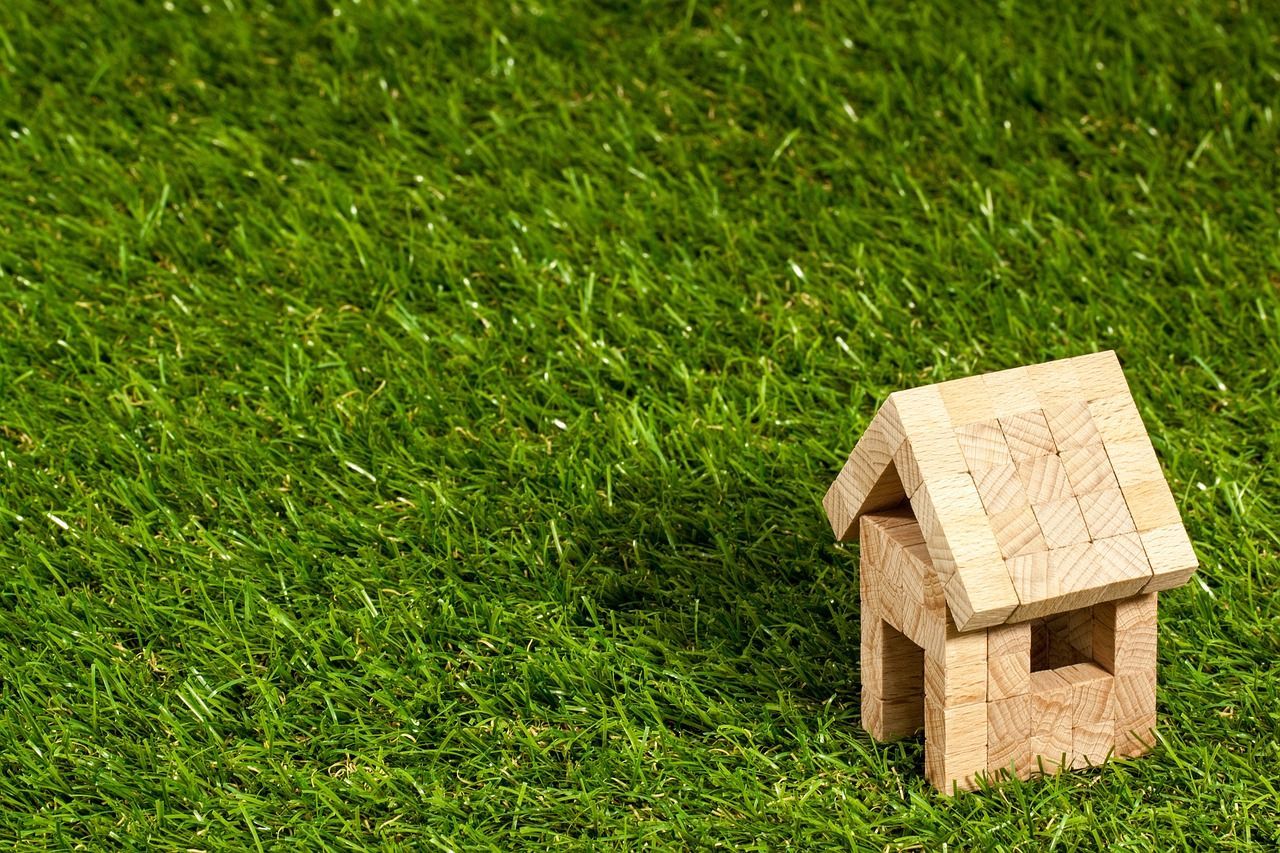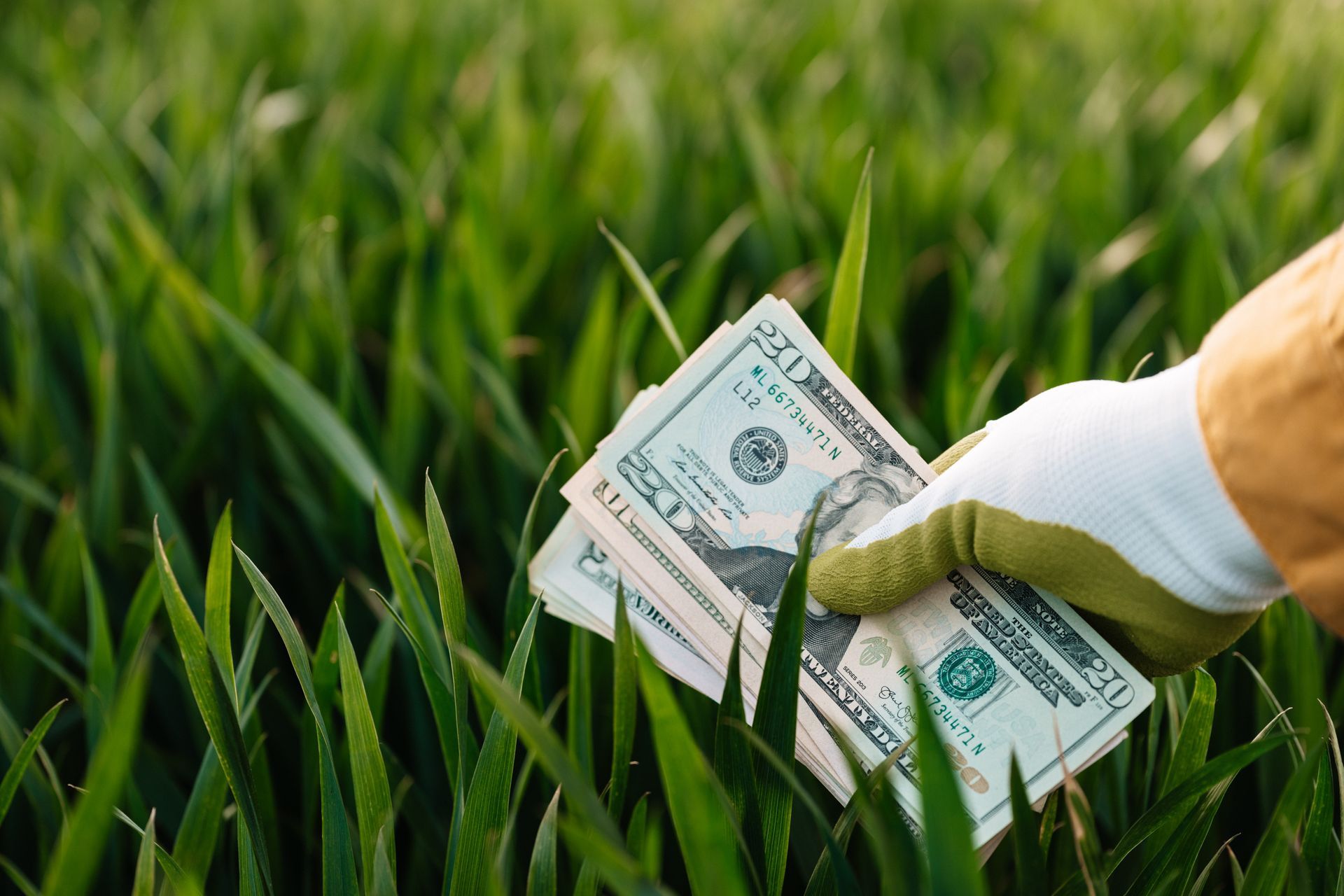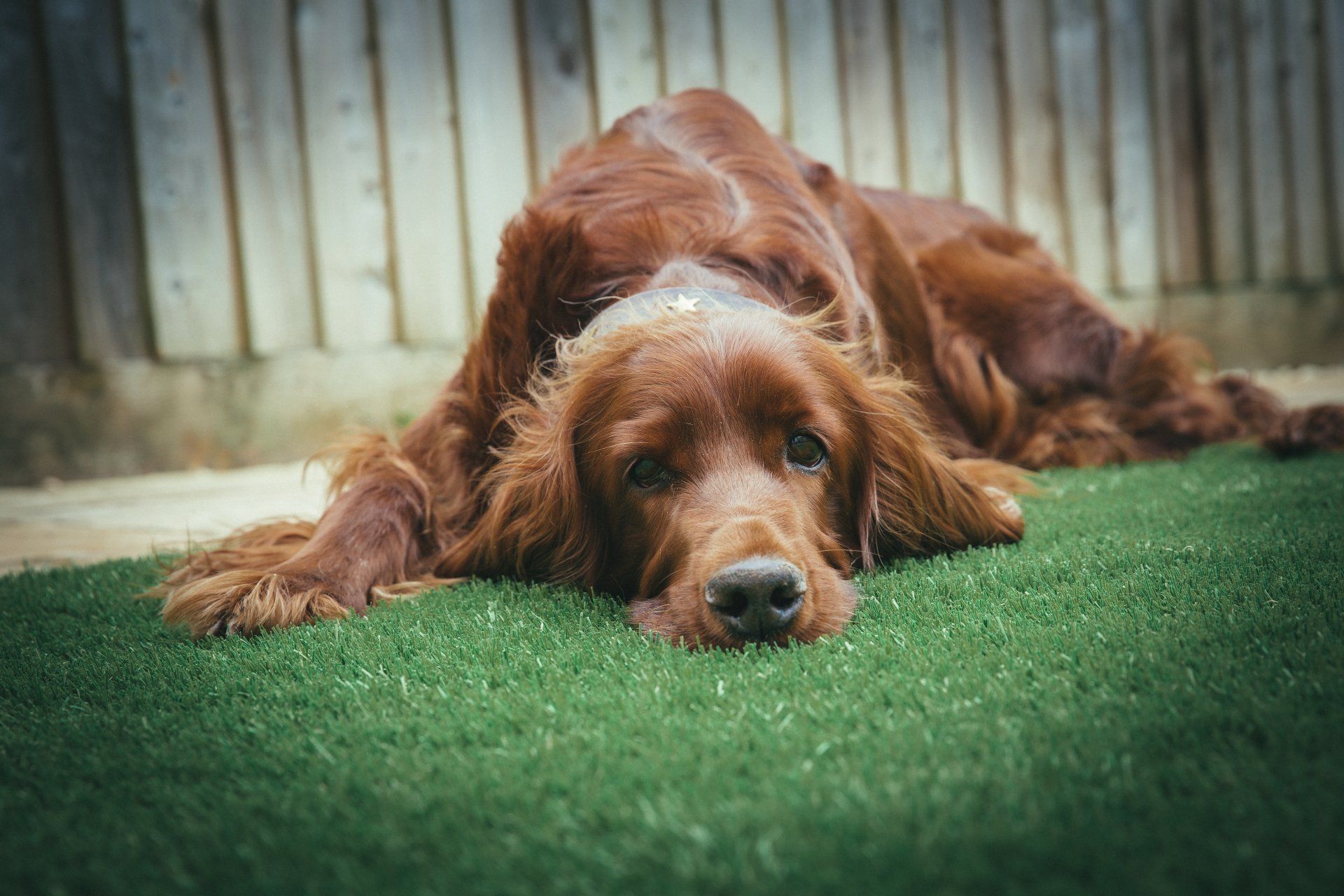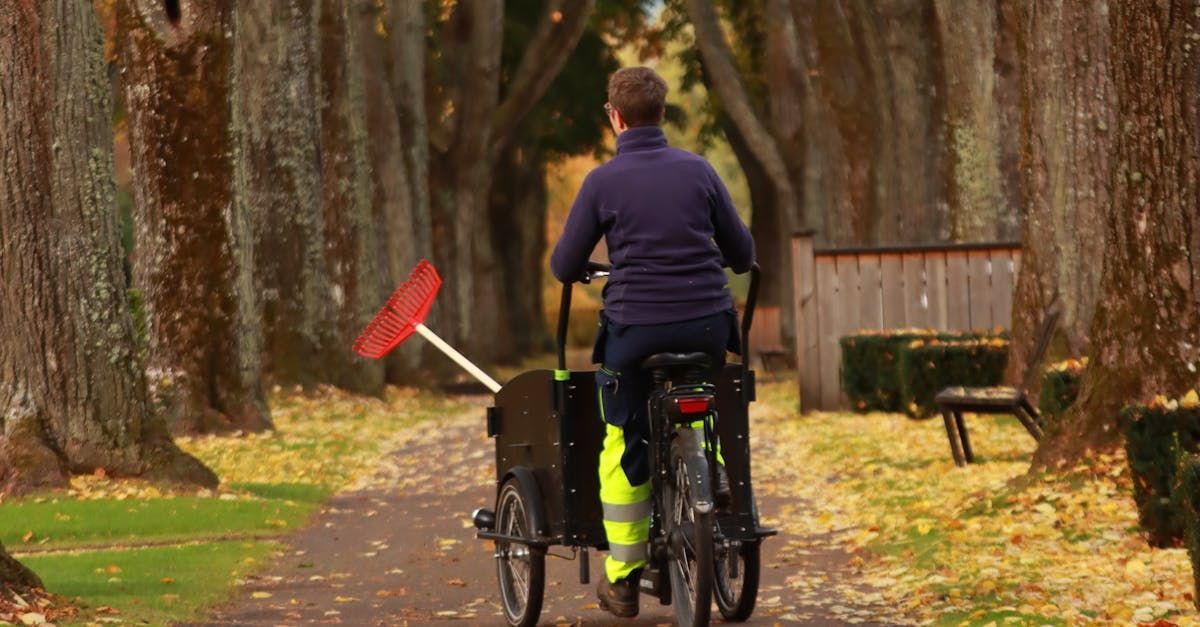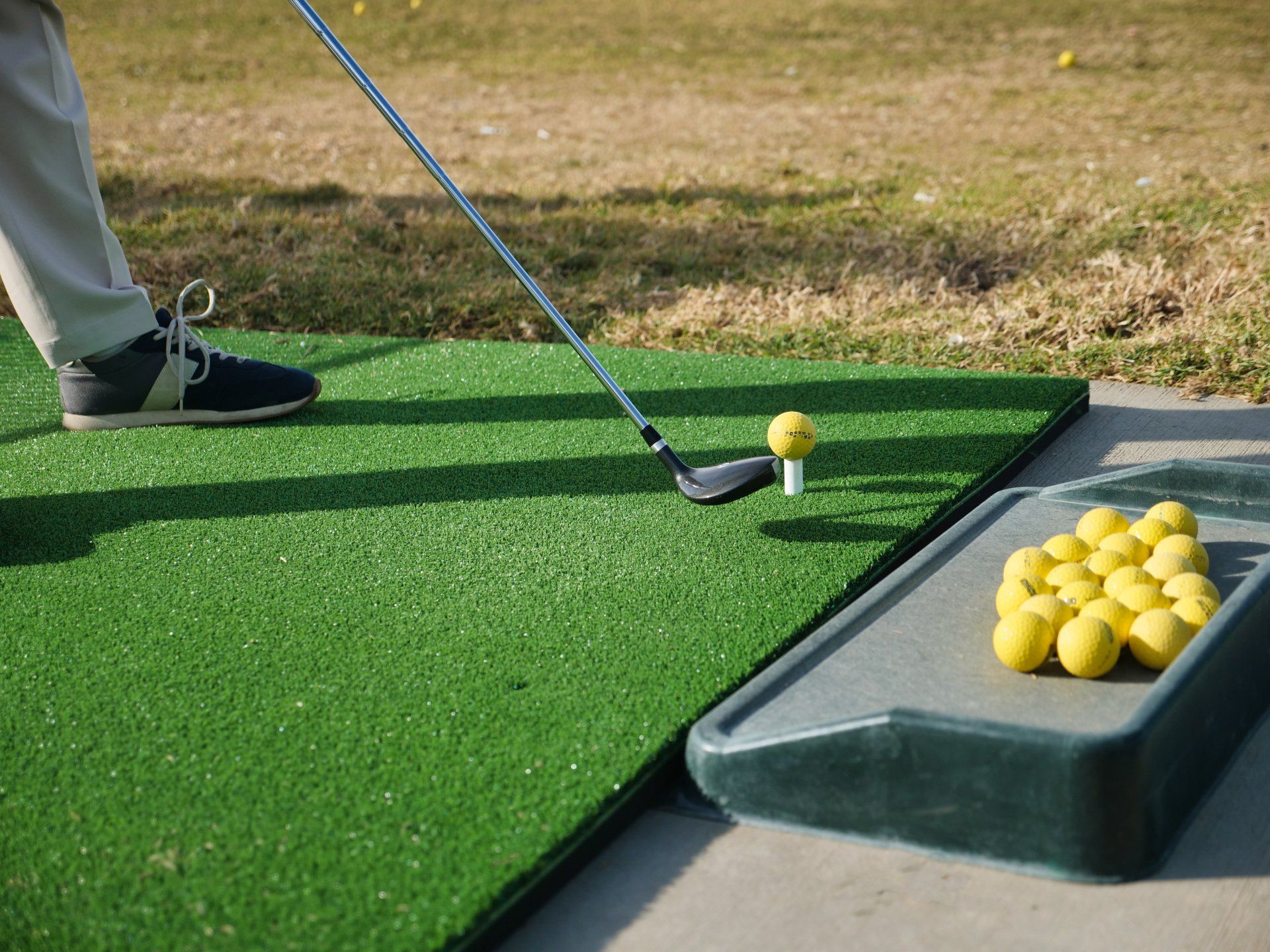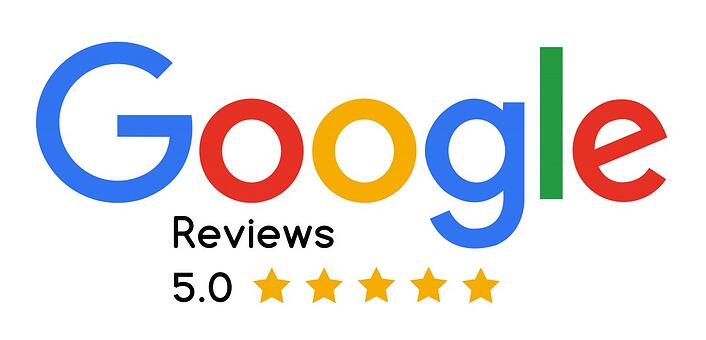Playing It Safe: Unraveling the Facts About Artificial Turf and Cancer Concerns
Artificial grass's long-lasting, low-maintenance, and water-saving qualities have made it a popular option for residential lawns, playgrounds, and sports fields. But worries about the long-term effects of artificial turf on human health have grown, especially about cancer.
By delving into the relevant studies, regulatory actions, and safety standards,
artificial grass in Florida seeks to disentangle the realities regarding artificial grass and cancer concerns.
Artificial Turf and its Applications
Synthetic grass, sometimes called artificial turf, is a manufactured surface that looks and feels like real grass. Its usual components include a backing material, plastic fibers, and filler materials like sand or crumb rubber.
There are several different uses for artificial turf:
Playgrounds
Because it offers a soft landing surface, artificial turf is a popular choice for playgrounds due to its safety features.
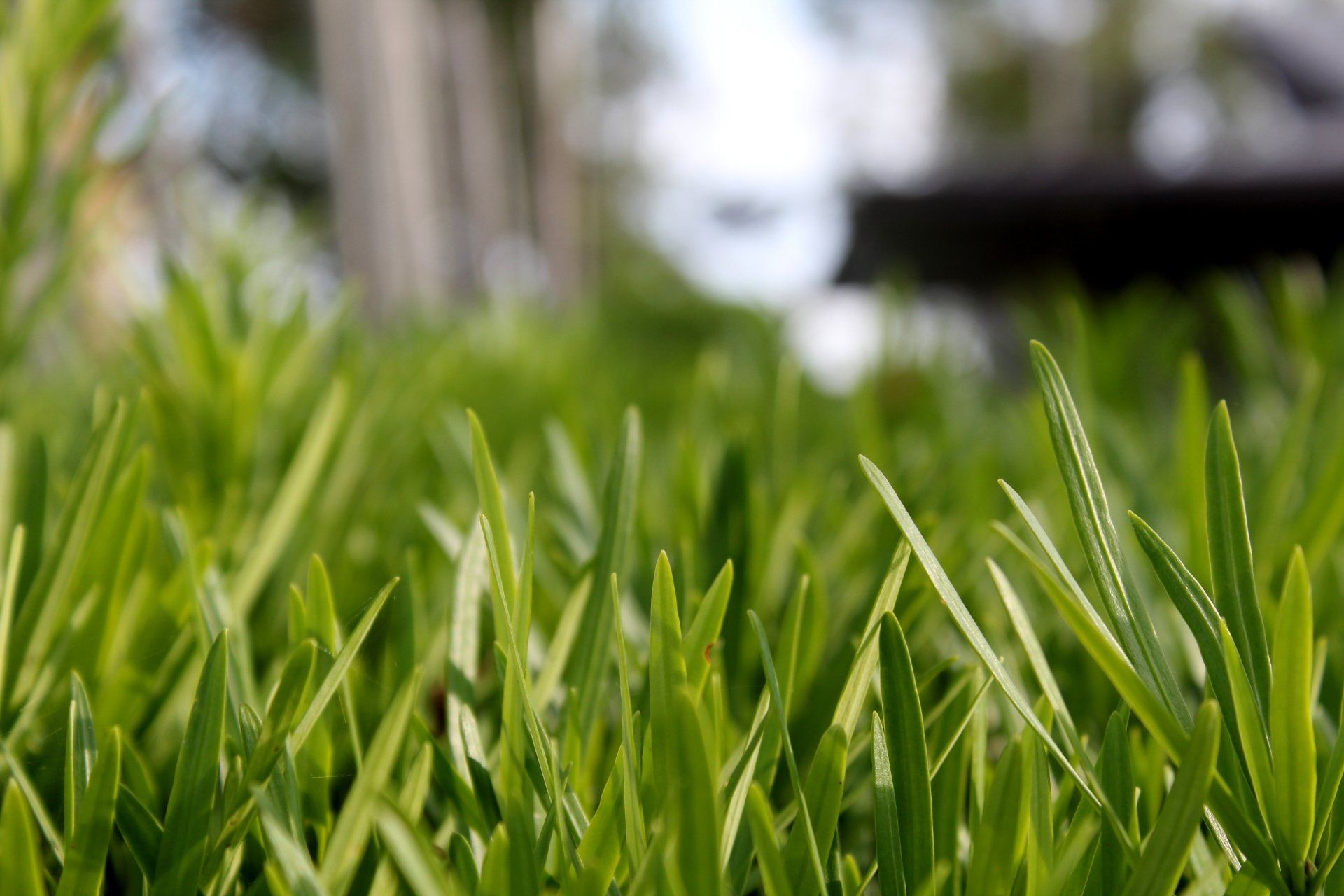
Sport Fields
Because of its long lifespan and ability to withstand all types of weather, artificial grass is a popular choice for baseball, soccer, and football grounds.
Lawns for Homes
Crumb Rubber and Cancer Worries
Rubber Crumb Filler
Using crumb rubber as an infill material is a major worry regarding artificial turf. The fake grass blades are often cushioned and supported with crumb rubber, recycled rubber made from crushed tires. Crises have surfaced because of worries about crumb rubber's possible chemical and heavy metal content, which includes zinc, PAHs, and lead.
In 2010, researchers from the Agency for Toxic Substances and Disease Registry in Atlanta evaluated the concentration of lead in synthetic turf by collecting samples of fields. They determined that the lead level in turf fiber material and field dust exceeded the limit for children's consumer products. They concluded that "synthetic turf can deteriorate to form dust containing lead at levels that may pose a risk to children." (1)
Health Concerns
The possible health hazards of exposure to crumb rubber are the main focus of worry, especially for people who are constantly near artificial
turf installer or surfaces. Concern among parents, athletes, and others fighting for public health has been sparked by studies that have shown a potential association between crumb rubber use and cancer.
Research and Findings
Analyzing the Data
Many studies and discussions have focused on the possible link between artificial turf and cancer. While some research has shown a correlation between playing on synthetic grass and an increased risk of cancer, other studies have failed to find such a link.
Research and Examinations
The security of artificial turf has been the subject of multiple analyses and reviews:
EPA Research
Playgrounds and sports fields made with recycled tire crumb rubber were the subject of a 2009 safety assessment by the United States Environmental Protection Agency (EPA). According to the results, there is no serious health risk associated with being around crumb rubber.
Risk Assessment for the State Office of California's Environment and Human Health (OEHHA).
The California OEHHA thoroughly tested the artificial grass and crumbs of rubber infill. In their 2019 evaluation, they failed to detect any evidence of a high cancer risk linked to these substances.
Further Investigation
Several studies have examined possible health hazards from different institutions of higher learning, health organizations, and individual researchers.
The scientific community has not yet come to a unanimous conclusion on whether or not
turf installers near me cause cancer. However, some have voiced concerns.
Safety Measures and Practices
Regulatory agencies have taken several measures to attend to issues about crumb rubber and artificial turf:
Controlling Chemical Composition
The amount of specific chemicals allowed in crumb rubber products used for artificial grass has been set by regulatory bodies. The purpose of these rules is to lessen the dangers that people face when exposed to dangerous substances.
Research and Oversight
To guarantee that artificial grass goods are safe and up to code, government authorities do ongoing studies and review them.
Adequate Field Maintenance
Regular care is a must for artificial turf fields to remain safe for use. Contact
artificial turf installers near me to help with the maintenance tasks g, including brushing, grooming, and redistributing infill regularly. These upkeep tasks improve the artificial turf's safety and playability by preventing uneven surfaces, decreasing the likelihood of injuries, and extending its lifespan.
Ensure Effective Hygiene Practices
People utilizing artificial turf, especially those seeking the
best artificial turf installers near me, must adhere to strict hygiene protocols to guarantee their safety. Promoting good hygiene, particularly in athletic contexts, entails addressing small wounds and scrapes as soon as possible to avoid infection. Participants can play on artificial grass with confidence and calmness, knowing that these practices promote cleanliness and prompt injury treatment, reducing the health concerns connected with skin injuries.
Adequate Ventilation
In order to prevent the accumulation of potentially hazardous substances or unpleasant odors, it is vital to have enough ventilation in areas comprised of synthetic turf that are enclosed or located inside. If there is adequate ventilation, users will be able to experience a healthier environment.
Use Protective Gears
When playing on artificial turf, it is essential to wear protective gear. Players and spectators should dress for the part by donning turf shoes, cushioning, and any other sport-specific protective gear.
In addition to improving traction, turf shoes with specific outsoles reduce the likelihood of skin abrasions and injuries. People can safely enjoy the advantages of artificial turf while limiting the possibility of accidents by donning the proper protective gear.
Conducting Routine Surface Inspections
It is important to perform periodic checks of the surface of synthetic grass to spot any symptoms of wear, damage, or anomalies. It is helpful to preserve a safe playing setting by addressing problems as soon as they arise and replacing or fixing damaged areas.
Conclusion
The research community has not come to a consensus on whether playing on synthetic grass directly increases the risk of cancer; however, worries about the link have been voiced. Potential health problems related to artificial turf have been addressed through regulatory measures, continuous research, and safety standards.
About the author
Kathy Leavell
Kathy Leavell is the founder and owner of Synthetic Turf Treasure Coast, a leading provider of synthetic grass solutions for residential and commercial properties in Florida. With over a decade of experience in the industry, Kathy has become a recognized expert in synthetic turf installation, maintenance, and repair. Under her leadership, Synthetic Turf Treasure Coast has earned a reputation for exceptional customer service and high-quality workmanship.
Prior to starting her own business, Kathy worked in sales and marketing roles at several major synthetic turf manufacturers.
